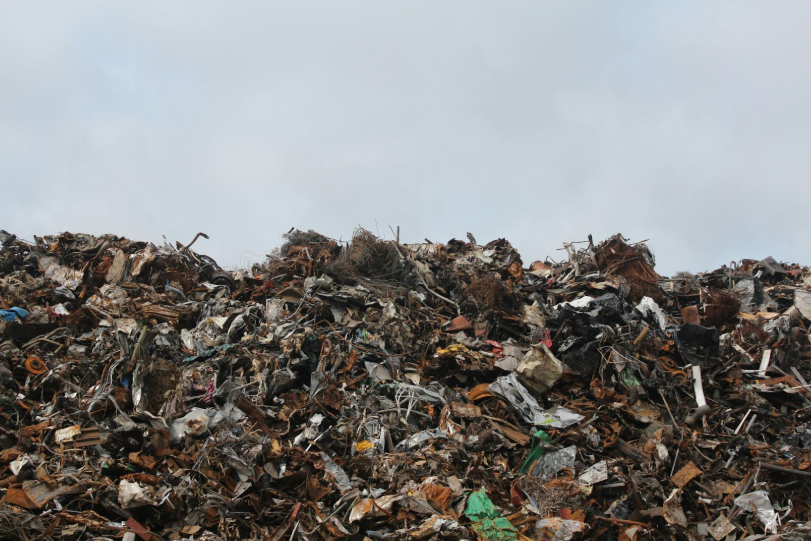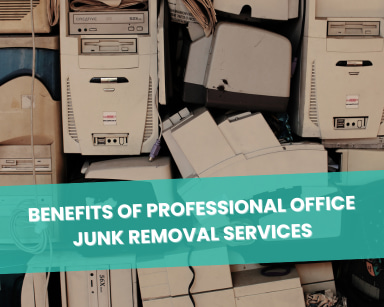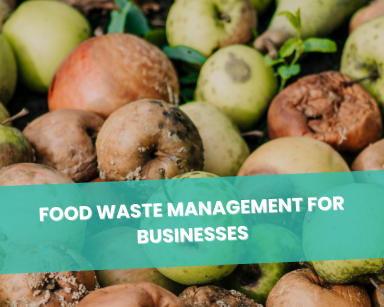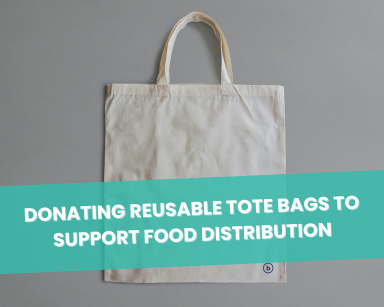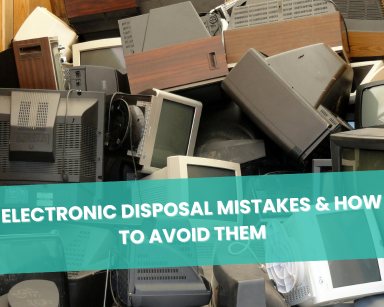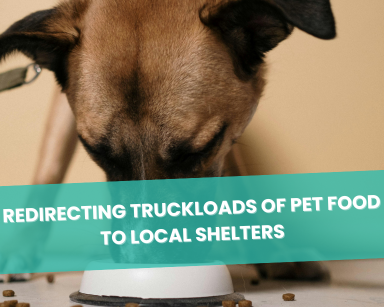Food Waste Management for Businesses: Why It Matters
Managing waste well in today’s busy business world means more than just following rules; it is also about logistics and finances. Food waste is a big problem for large organizations. No matter if you run a national food distributor, a logistics warehouse, or a multi-location store, easy food disposal systems are crucial now.
Many businesses are rethinking their approach to food waste management. They want to stay competitive and avoid issues. As rules tighten and costs rise, this change is crucial. This article highlights why organizations must grasp commercial food disposal solutions. These solutions are key to long-term profitability.
Table of Contents
The Scale of Commercial Food Disposal
Food waste affects more than only large corporations. It slows work, takes up space, and can lead to expensive fines if not handled properly. Commercial food disposal is the careful removal and processing of food that can’t be sold or has gone bad.
Businesses that waste a lot of food include grocery distribution centres, food manufacturers, and restaurant chains. You can’t handle these items like regular household waste. Waste transport services often struggle with the volume, speed, and paperwork that businesses require.
The Importance of Efficient Food Waste Management
Effective food waste management helps businesses stay in compliance and support their employees. This way, they can also avoid fines. Health agencies or recall events often have specific rules for disposing of food products. Handling old or spoiled items poorly can result in fines and harm a company’s reputation.
A food disposal system ensures waste is picked up quickly and correctly. This helps businesses keep their spaces clean and safe. And the system speeds up inventory turnover, optimizes storage use and reduces operational downtime.
Logistics-Driven Solutions for Food Disposal
Large-scale businesses need partners who understand the importance of food disposal. It’s not about getting rid of waste. Proper disposal must fit seamlessly into the daily operations of a busy business.
A reliable food disposal process includes:
- Scheduled pickups that align with business operations
- Bulk removal options for large inventory cleanouts
- Emergency services for contaminated or recalled goods
- Centralized coordination for multi-site businesses
This method gives organizations more transparency, predictability, and improved operational support.
Customized Scheduling and Account Support
Different facilities create food waste in various ways and at various times. This is why scalable systems for managing food waste must offer flexible scheduling options. These can include weekly pickups on a set schedule or on-demand cleanouts.
An account manager as a single point of contact improves this process. When companies hire one expert for their operations, they can solve problems quickly and personalize services easily.
Unified communication makes billing, changing services, and reporting easier.
Transparent Pricing for Large-Scale Operations
One major concern for organizations looking at commercial food disposal options is price volatility. It’s crucial to understand regional pricing. Facilities operating in multiple states or regions must know their service costs. This knowledge helps them plan their budgets and calculate their return on investment.
Companies can make decisions based on data when prices are clear. They don’t need to worry about hidden fees or unclear contracts. Food waste varies with the seasons, sales cycles and external events. Predictable pricing helps them plan confidently.
Sustainability Reporting That Supports Compliance
Not every business cares about environmental reporting, but many need data for audits, compliance, or updates for stakeholders. High-level data on food waste control can help improve operations.
Reporting may include:
- Volume of food waste removed
- Frequency of service
- Location-based tracking
- Invoice and removal logs
These insights help logistics teams, compliance officers, and C-level leaders. They can spot waste patterns without needing to collect the data themselves.
The Future of Food Disposal in Commercial Sectors
Companies now view food disposal as a key function. Supply chains face more stress, and inefficient operations cost more. It’s not only about waste removal; it’s also about smooth operations, protecting the brand’s reputation, and meeting safety standards at every site.
Efficient food waste management makes the warehouse run better. It helps with inventory control and reduces issues. This is a smart business decision that pays off over time when done right and at scale.
Conclusion
Commercial food disposal is now a vital task for businesses. It helps them stay fast, efficient, and compliant. Effective food waste management makes operations run smoothly. It allows companies to work confidently with scalable services, clear pricing, and a logistics-driven approach.
Knowing how to dispose of food properly is necessary in a world where things change quickly.

